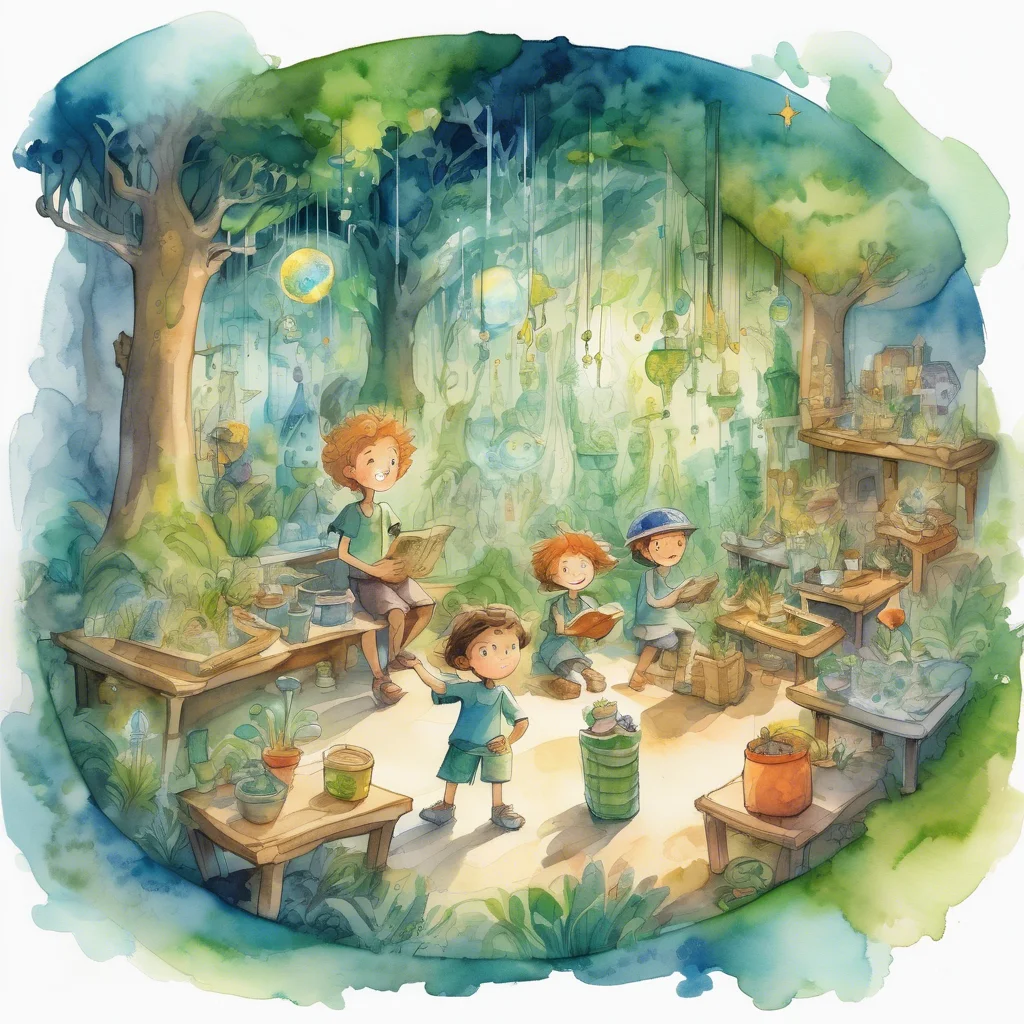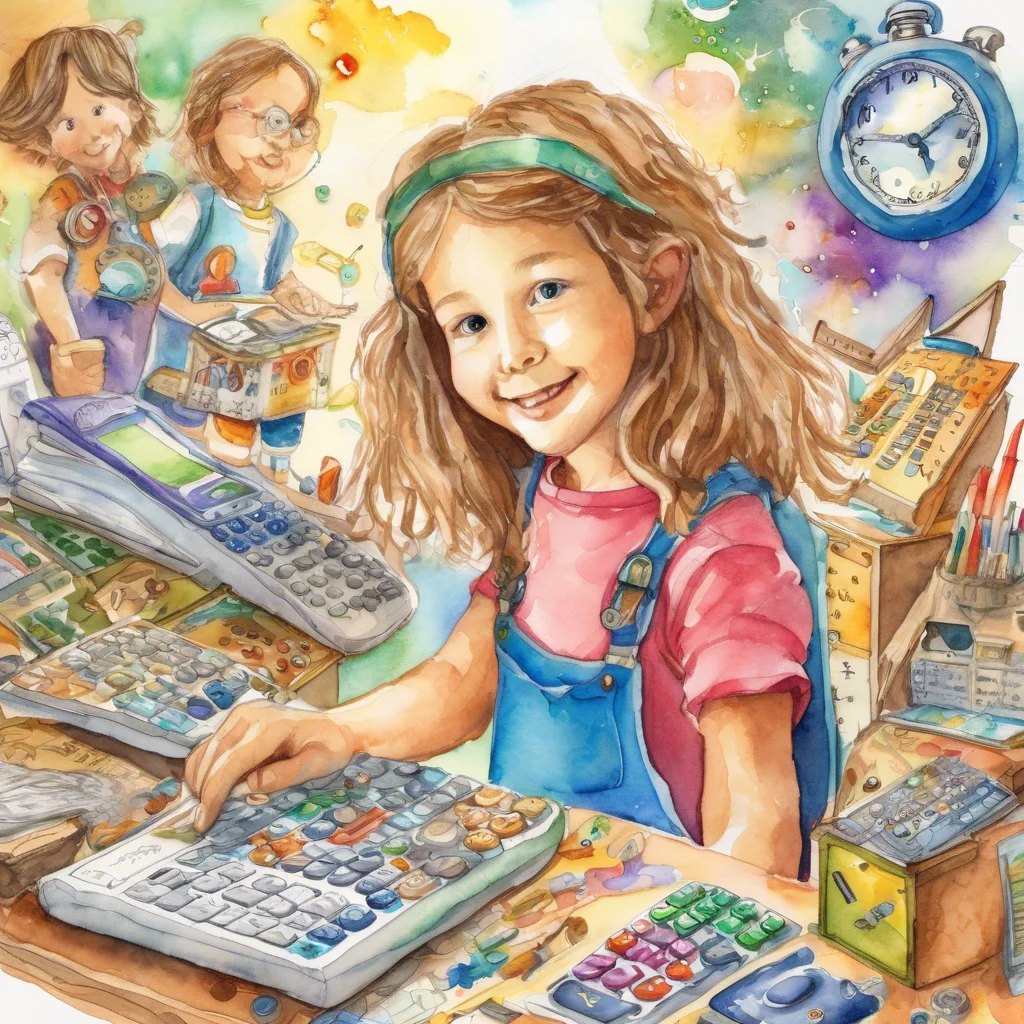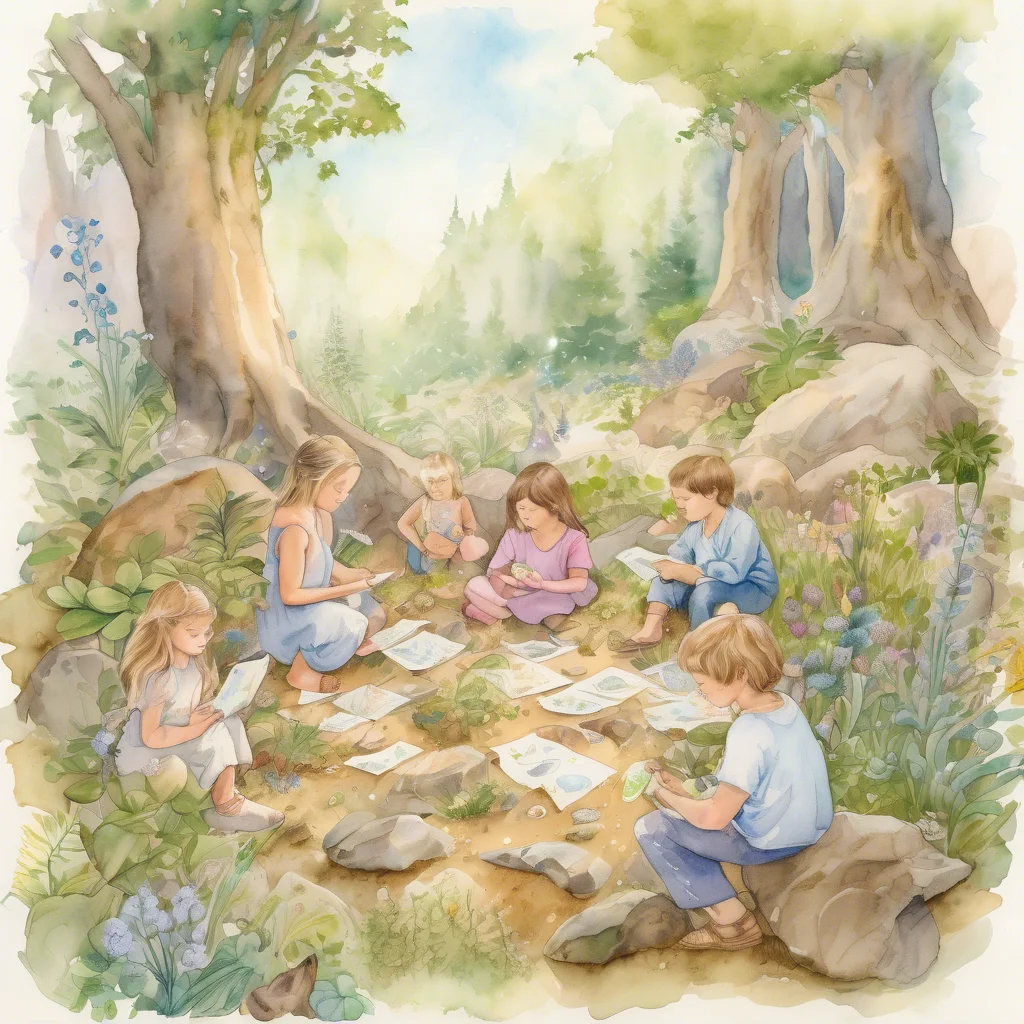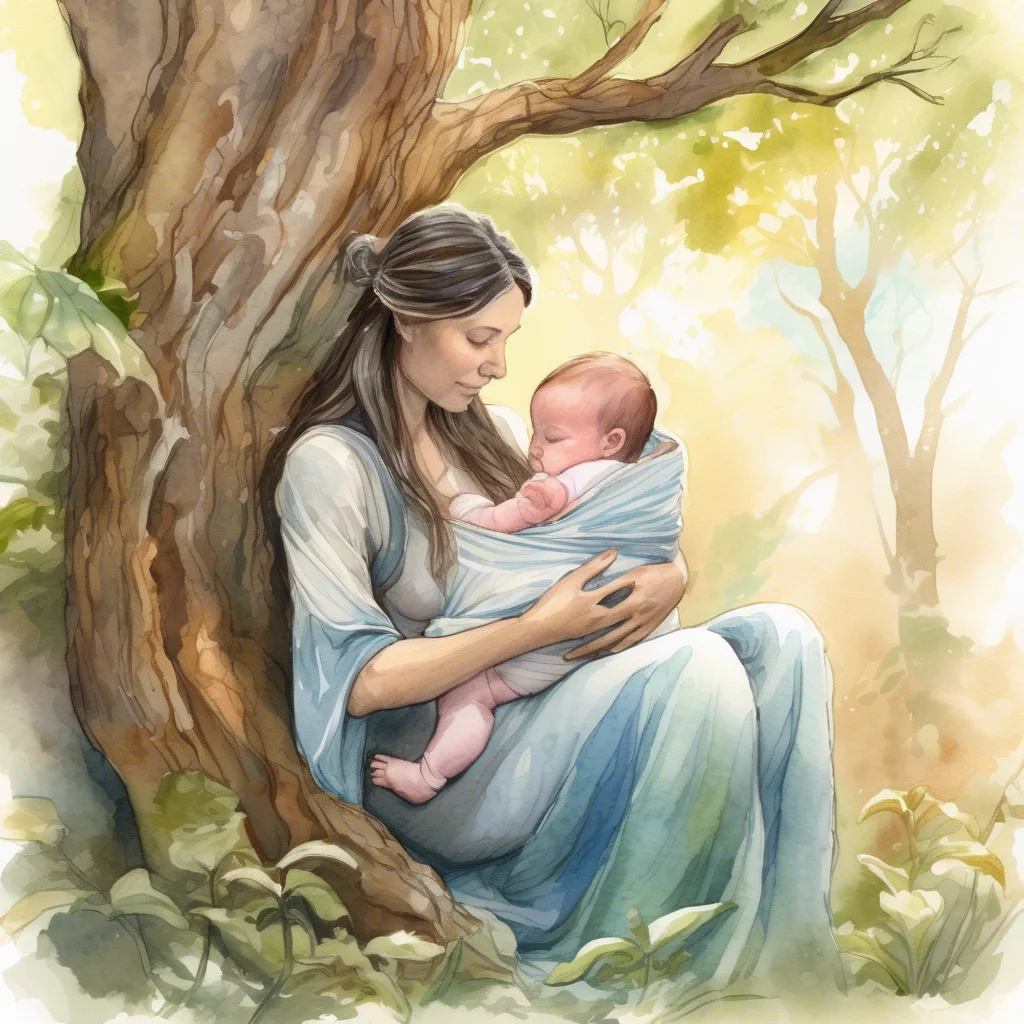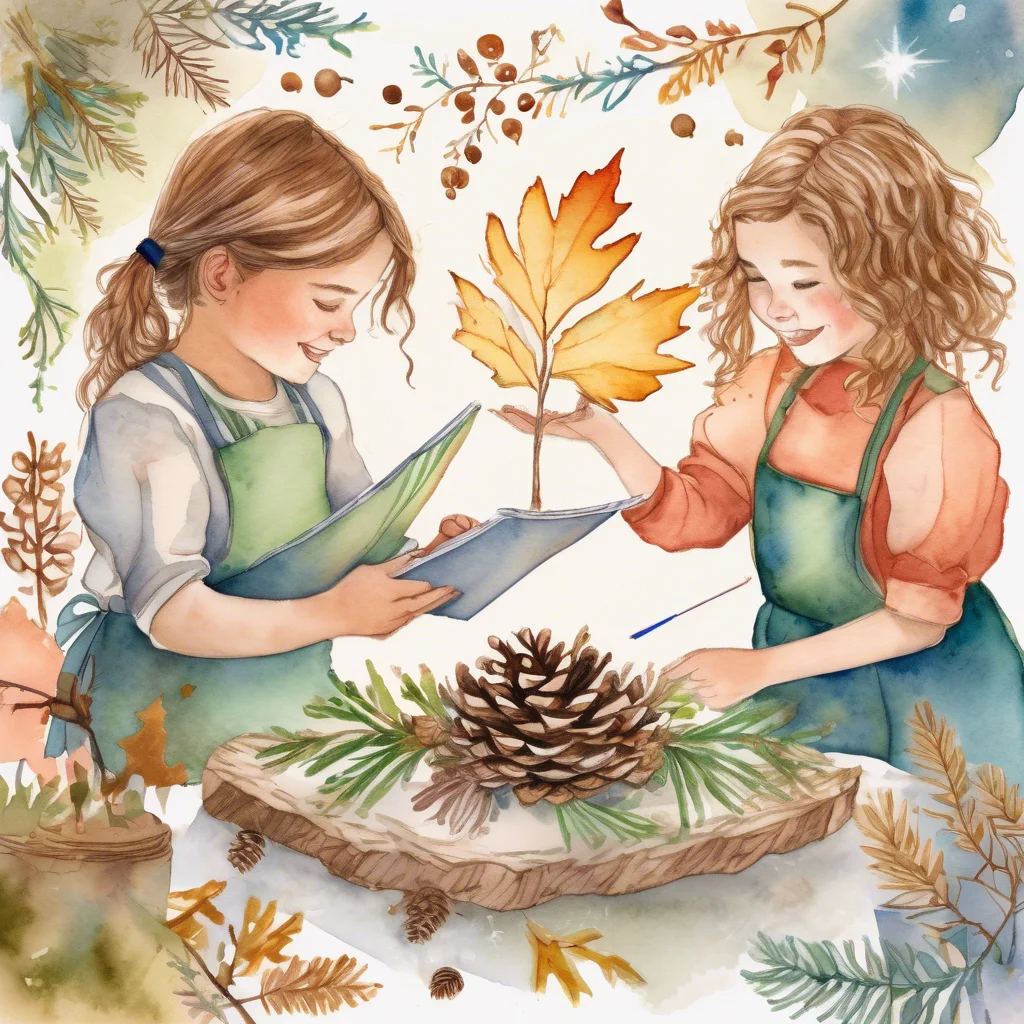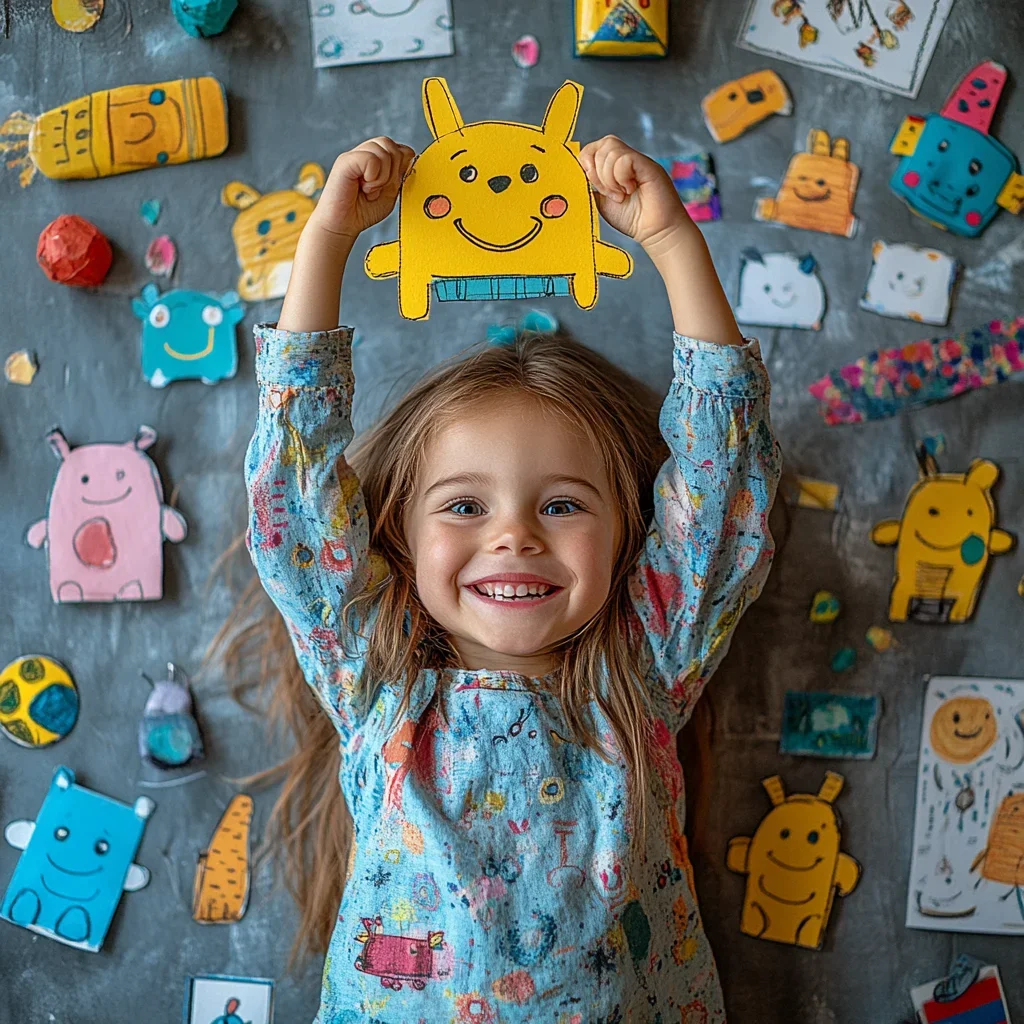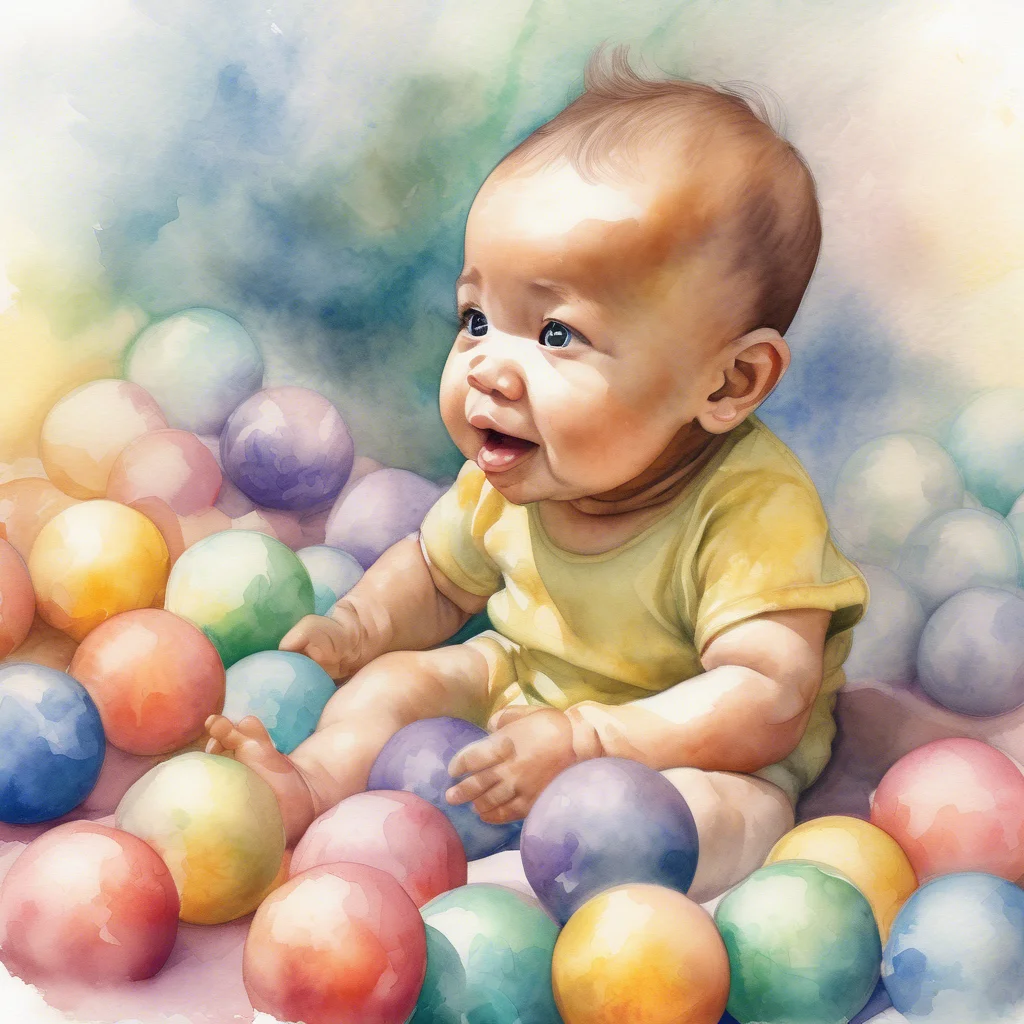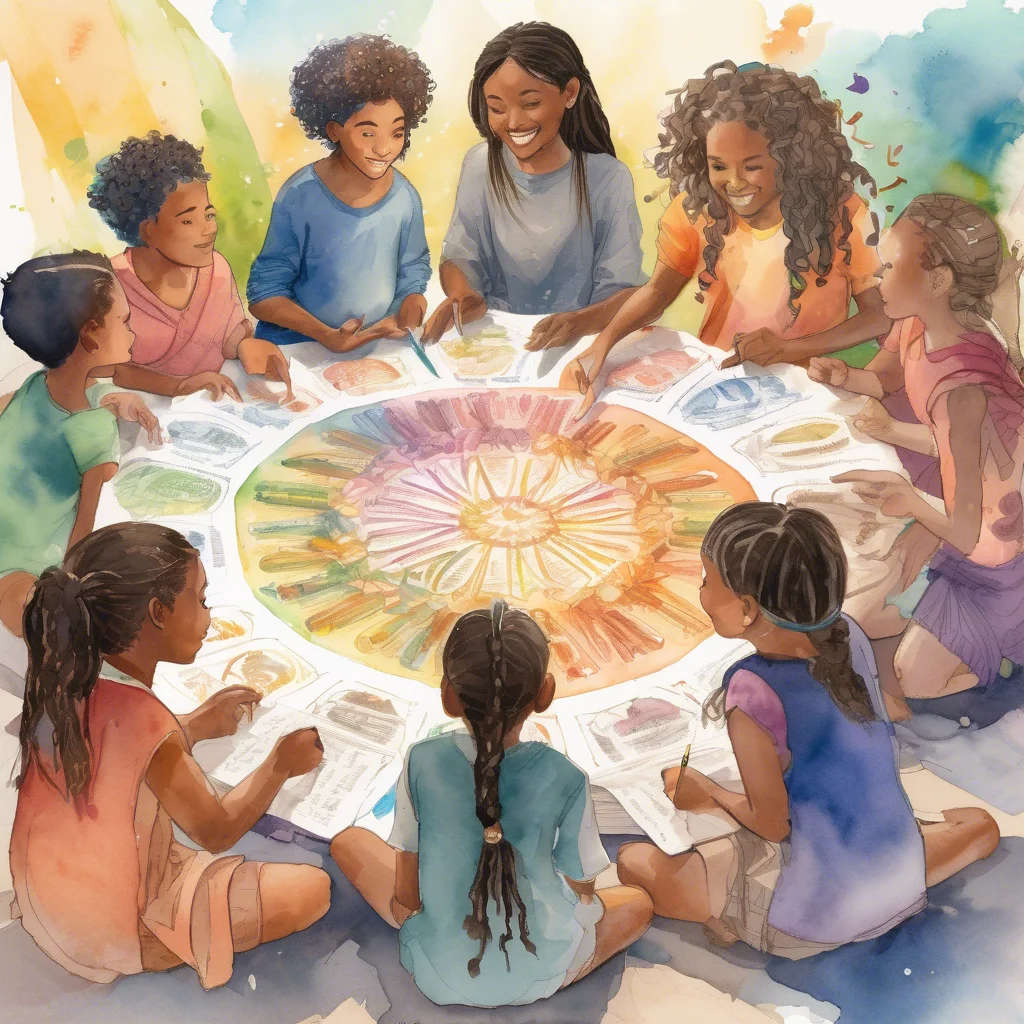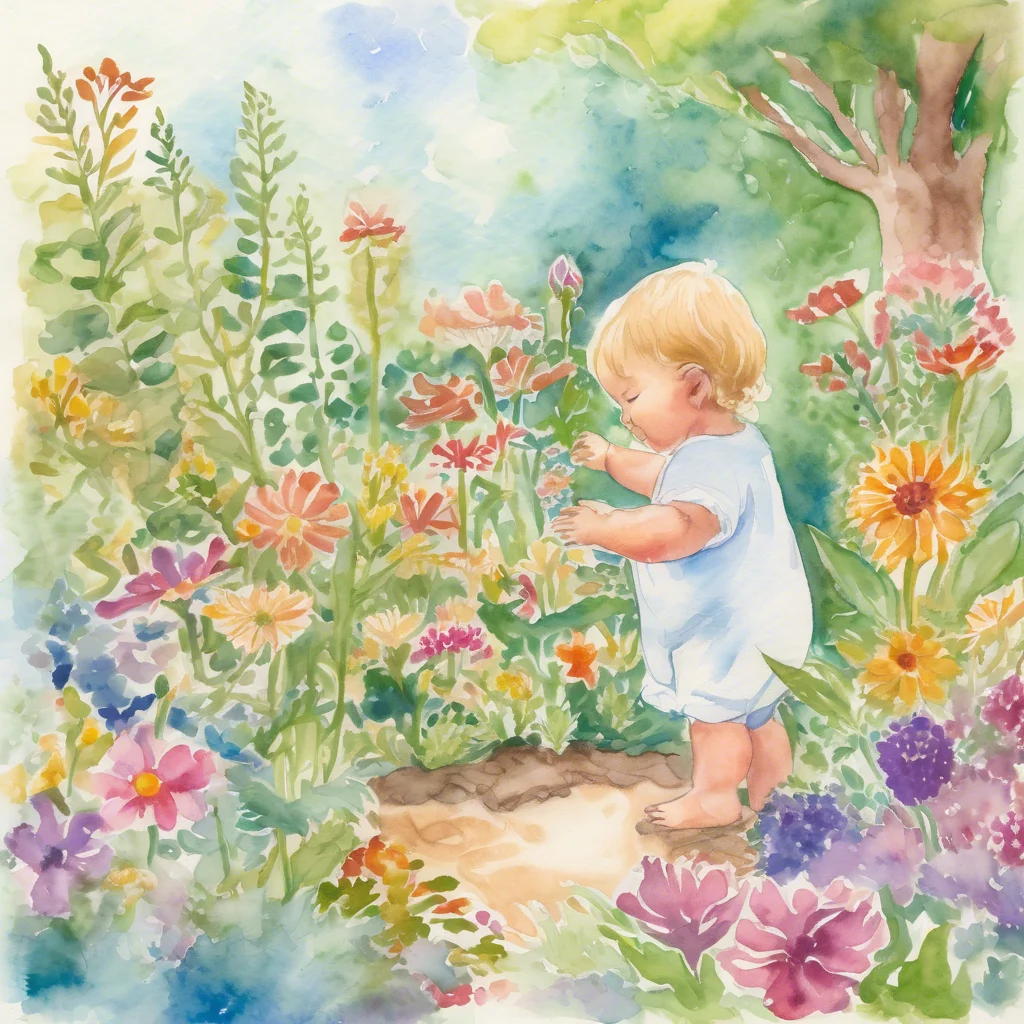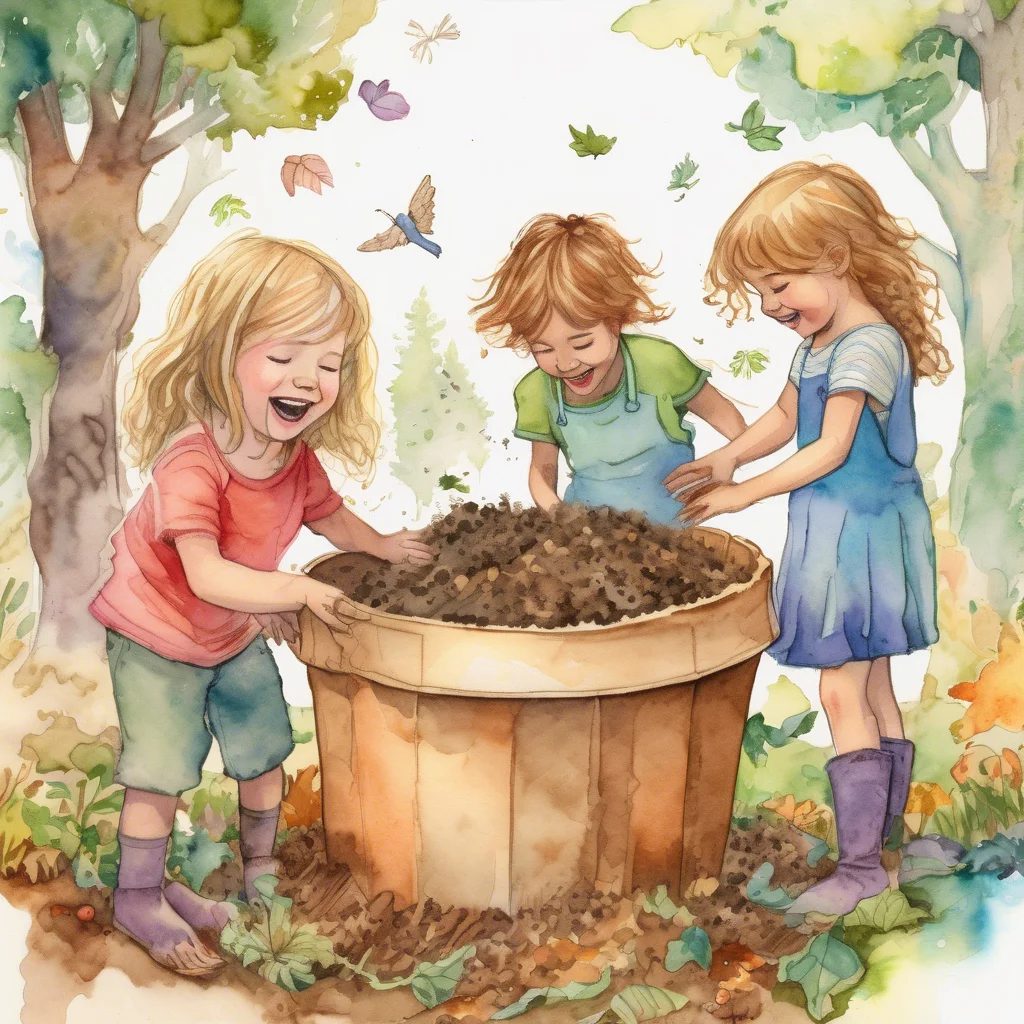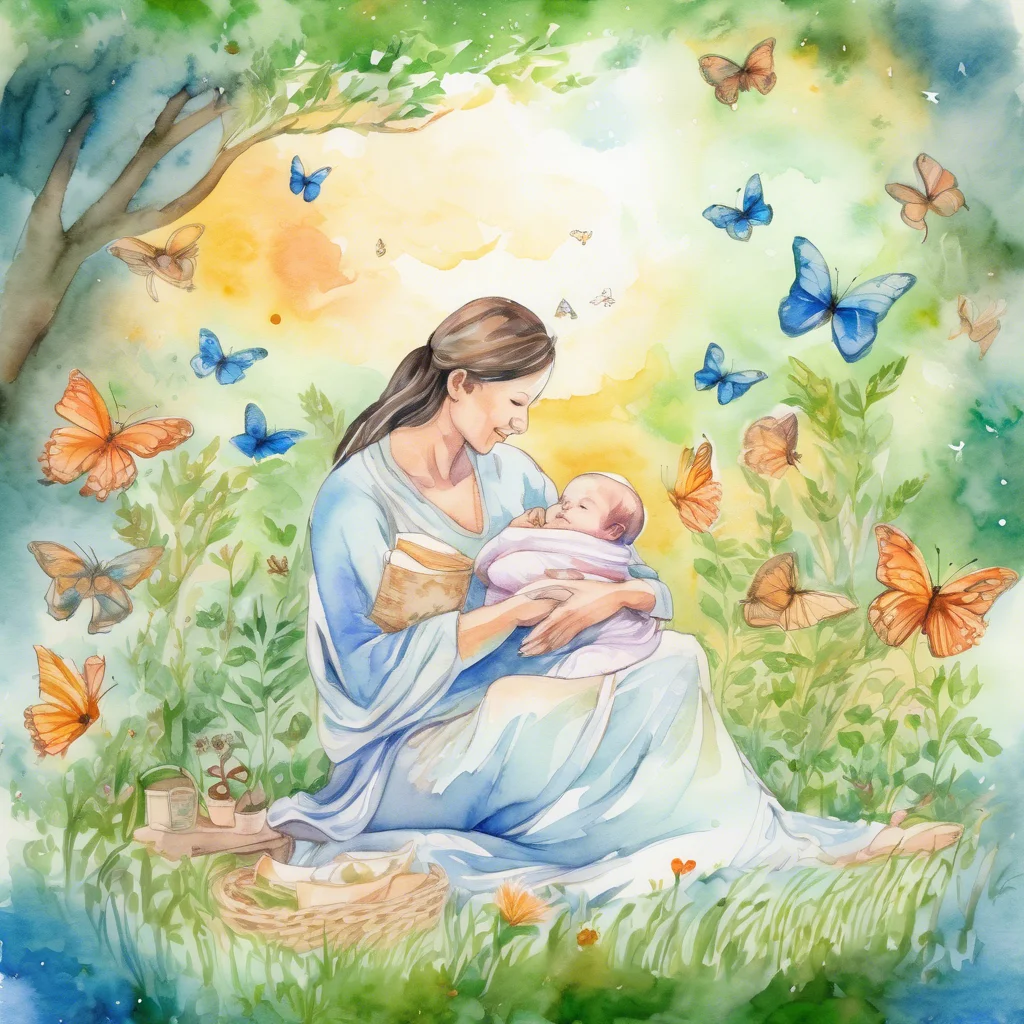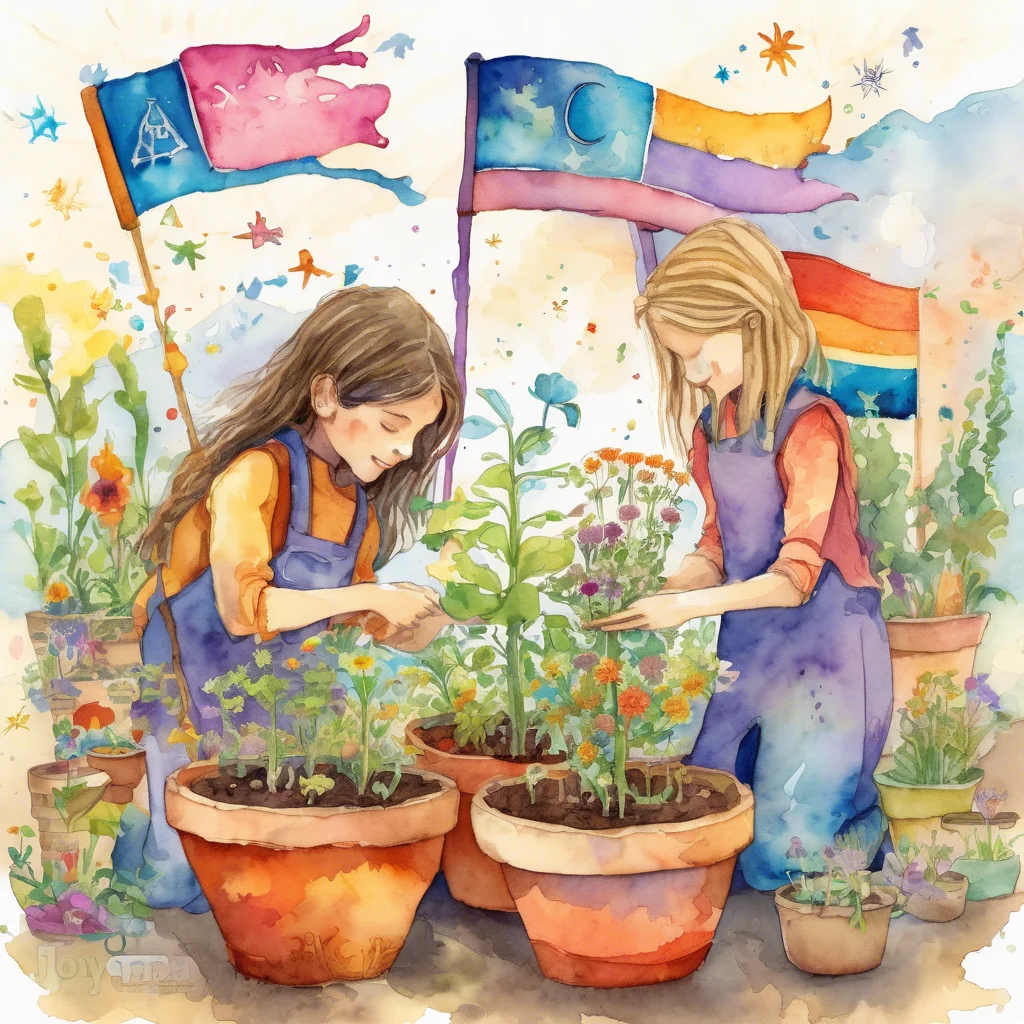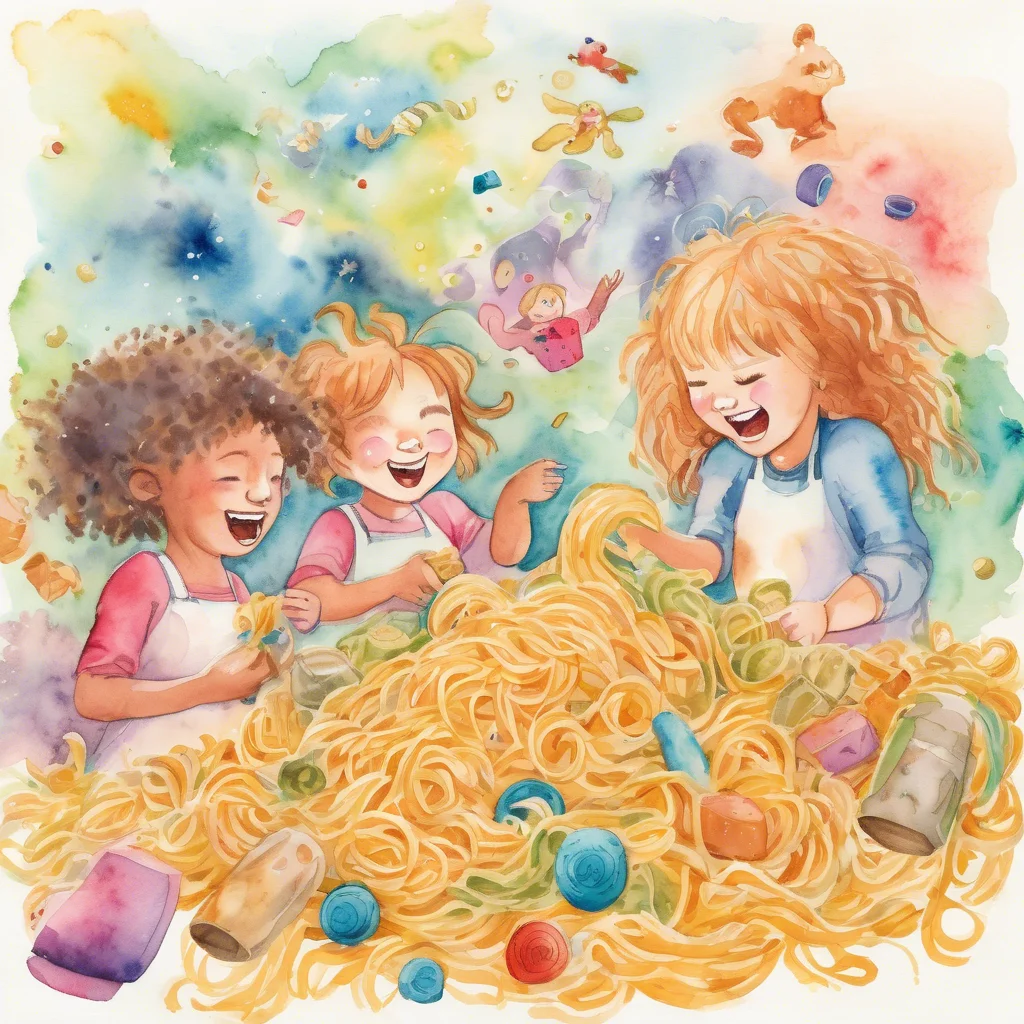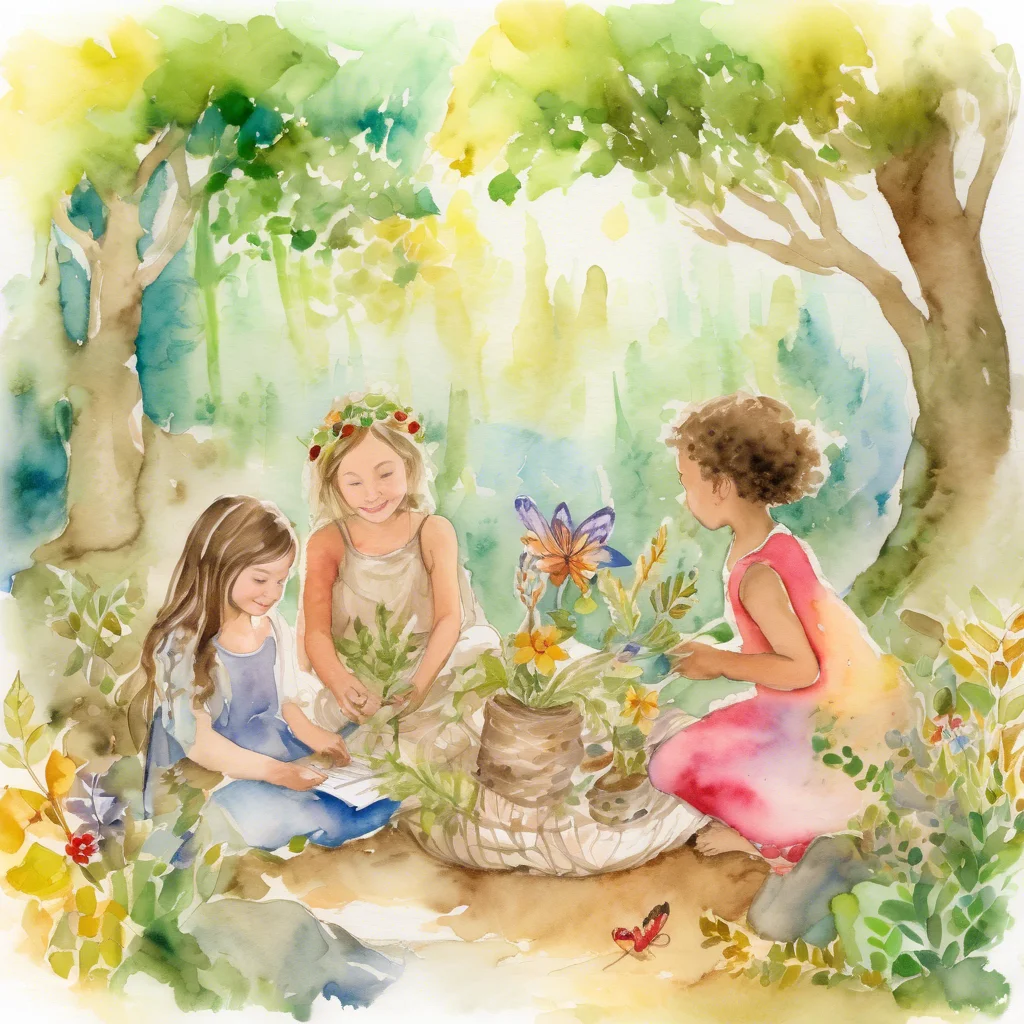Child Development Activities
A global platform designed to support children’s growth, creativity, and learning through meaningful play.

Random Activity:
Magical Storybook Adventures: Finger Paint Creations
Children’s Age: 2–2.5 years
Activity Duration: 15 minutes

Latest Activities
The Eco-Innovators Theater Play: Imagining Ecological Tales
The Eco-Innovators Theater Play activity is perfect for children aged 6 to 10 to explore ecological awareness creatively. No materials are required fo...
View ActivityEco-Friendly Math Adventure: Crafting Math Tools & Challenges
Embark on the 'Eco-Friendly Math Adventure' for a blend of learning and eco-awareness! Gather recycled materials like cardboard, markers, and glue. Gu...
View ActivityEnchanted Cultural Nature Walk: A Journey of Discovery
Embark on a "Cultural Nature Walk" with children aged 48 to 72 months to foster self-regulation and cultural appreciation in a natural setting. Prepar...
View ActivityWonderful Beginnings: The Sensory Nature Walk
Experience a calming and stimulating Sensory Nature Walk designed for infants aged 0 to 3 months. Prepare with a soft carrier, cozy blanket, sunscreen...
View ActivityNature Collage Photo Frames: Creative Storytelling Adventure
Children can have fun creating Nature Collage Photo Frames to boost communication skills, creativity, and teamwork. Gather natural items, cardboard, s...
View ActivityLittle Desk Heroes: Turning Everyday Desk Items into Storytelling Characters
Let's have fun with storytelling using stationery characters! Gather paper, pens, pencils, markers, and stationery items like paper clips and sticky n...
View ActivitySensory Ball Play: Texture Discovery for Infants
Explore sensory play with textured balls designed for infants aged 3 to 6 months to enhance their sensory, social-emotional, motor, and language skill...
View ActivityTextures and Movements: Sensory Scarf Play Activity
The sensory scarf play activity is designed for children aged 6 to 18 months to support motor development through texture exploration. Using various t...
View ActivityEmpathy Tales: Cultural Storytelling and Communication
Explore the "Cultural Storytelling and Communication" activity for children aged 11 to 15, promoting empathy and language skills through diverse cultu...
View ActivityEnchanted Sensory Garden Exploration for Infants
Explore the Sensory Garden with your little one aged 0 to 3 months for a delightful outdoor sensory experience. Enhance communication skills and adapt...
View ActivityMini Compost Bin Creations: Earth's Garden Journey
Children aged 4 to 6 can engage in creating a mini compost bin to explore composting and Earth's natural cycles. Using simple materials like a plastic...
View ActivityHoliday Parade: Musical Social Skills Celebration
Get ready for the Holiday Music Parade! This fun activity is perfect for 2 to 3-year-old kids to enjoy music, march in a parade, and have a blast with...
View ActivityEnchanted Sensory Nature Walk for Babies (0-6 months)
Explore the Sensory Nature Walk for Babies (0-6 months) to introduce your little one to the wonders of the natural world. This activity supports cogni...
View ActivityWhispers of the Blossoming Earth Journeys
Embark on the "Around the World Planting Adventure," a gardening activity designed for children aged 11 to 15. Through planting seeds from different c...
View ActivityMagical Sensory Adventures: Exploring Sensory Bins
Explore the "Exploring Sensory Bins" activity designed for children aged 18 to 24 months to boost play skills through tactile experiences. Gather mate...
View ActivityEnchanted Forest Tales: Nature Play Theater
Engage children aged 48 to 72 months in the "Nature Play Theater" activity, fostering communication skills and ecological awareness. Set up an outdoor...
View ActivityLocation
Period
Type
Goal or Purpose
Required Materials

Random Activity:
Seasonal Textures: Infant Sensory Exploration Activity
Children’s Age: 2–2.5 years
Activity Duration: 15 minutes

Developmental activities
Adaptive Development
Adaptive development refers to the acquisition of skills that enable individuals to effectively and independently manage daily life activities. This includes abilities such as self-care, problem-solving, decision-making, and adjusting to new situations. These skills are essential for personal autonomy and successful interaction within various environments.Academic Development
Academic development refers to the enhancement of skills and knowledge in formal education settings. It includes subjects such as mathematics, science, language, and social studies, as well as critical thinking, problem-solving, and study skills. A strong academic foundation helps individuals succeed in school and beyond.Ecological Awareness
Ecological awareness involves understanding the importance of nature and the impact of human activities on the environment. It includes learning about sustainability, conservation, pollution, and ways to protect natural resources. Developing ecological consciousness helps individuals become responsible global citizens.Empathy Development
Empathy development focuses on understanding and sharing the feelings of others. It includes recognizing emotions, practicing active listening, and responding with kindness and compassion. Strong empathy skills foster better relationships, social harmony, and emotional intelligence.Language Development
Language development refers to the process of acquiring and improving communication skills, including speaking, listening, reading, and writing. It plays a crucial role in cognitive and social development, allowing individuals to express thoughts, understand others, and interact effectively in different environments.Play Skills
Play skills refer to the ability to engage in different types of play, including imaginative, social, and structured activities. Through play, children develop problem-solving abilities, creativity, teamwork, and social interactions. It is an essential part of learning and emotional growth.Self-Care Skills
Self-care skills involve the ability to perform daily tasks independently, such as dressing, grooming, eating, and hygiene. Developing self-care abilities helps build confidence, responsibility, and independence, which are crucial for a child's overall development.Self-Regulation
Self-regulation is the ability to manage emotions, behavior, and impulses in different situations. It includes skills such as emotional control, focus, patience, and adapting to challenges. Developing self-regulation helps improve academic performance, social relationships, and emotional well-being.Cognitive Development
Cognitive development refers to the growth of thinking, problem-solving, and decision-making abilities. It includes memory, attention, logical reasoning, and the ability to learn new concepts. Strong cognitive skills are essential for academic success and lifelong learning.Communication Skills
Communication skills involve the ability to express oneself clearly and understand others effectively. It includes verbal and non-verbal communication, listening skills, and social interactions. Strong communication skills help build relationships and succeed in various life situations.Cultural Development
Cultural development involves understanding and appreciating different traditions, beliefs, and artistic expressions. It includes learning about history, literature, music, and customs from various societies. Exposure to cultural diversity helps build tolerance, respect, and a global perspective.Moral Development
Moral development refers to the process of understanding and applying ethical principles such as honesty, kindness, and responsibility. It helps individuals differentiate between right and wrong and guides them in making fair and respectful decisions in social interactions.Motor Development
Motor development involves the growth of fine and gross motor skills, which are essential for movement, coordination, and physical activity. It includes activities like crawling, walking, running, and hand-eye coordination. Developing motor skills supports overall physical and cognitive growth.Sensory Development
Sensory development involves the enhancement of the five senses: sight, hearing, touch, taste, and smell. It helps individuals process and respond to their environment effectively. Activities that stimulate sensory development contribute to cognitive growth, motor skills, and overall well-being.Social-Emotional Development
Social-emotional development refers to the ability to understand, express, and manage emotions while building relationships with others. It includes self-awareness, empathy, communication, and emotional regulation. Strong social-emotional skills promote positive social interactions and mental well-being.Spiritual Development
Spiritual development involves exploring personal values, purpose, and inner peace. It includes developing a sense of connection with oneself, others, and the world. This process helps individuals cultivate mindfulness, gratitude, and a deeper understanding of life.Physical Development
Physical development refers to the growth and strengthening of the body, including muscles, bones, and overall motor skills. It includes activities such as running, jumping, and balance exercises. Strong physical development supports overall health, coordination, and an active lifestyle.Digital Skills
Digital skills refer to the ability to use technology effectively, including computers, mobile devices, and the internet. It includes basic computer literacy, online safety, and responsible digital communication. Developing digital skills is essential in today's world for education, work, and social interaction.Creative Development
Creative development involves nurturing imagination and originality through artistic expression, problem-solving, and innovation. It includes activities such as drawing, storytelling, music, and creative thinking. Encouraging creativity helps develop self-expression, confidence, and critical thinking skills.Health and Safety Skills
Health and safety skills involve understanding and practicing habits that promote physical well-being and personal security. It includes hygiene, nutrition, first aid, and awareness of potential dangers. Developing these skills ensures a healthier and safer lifestyle.
